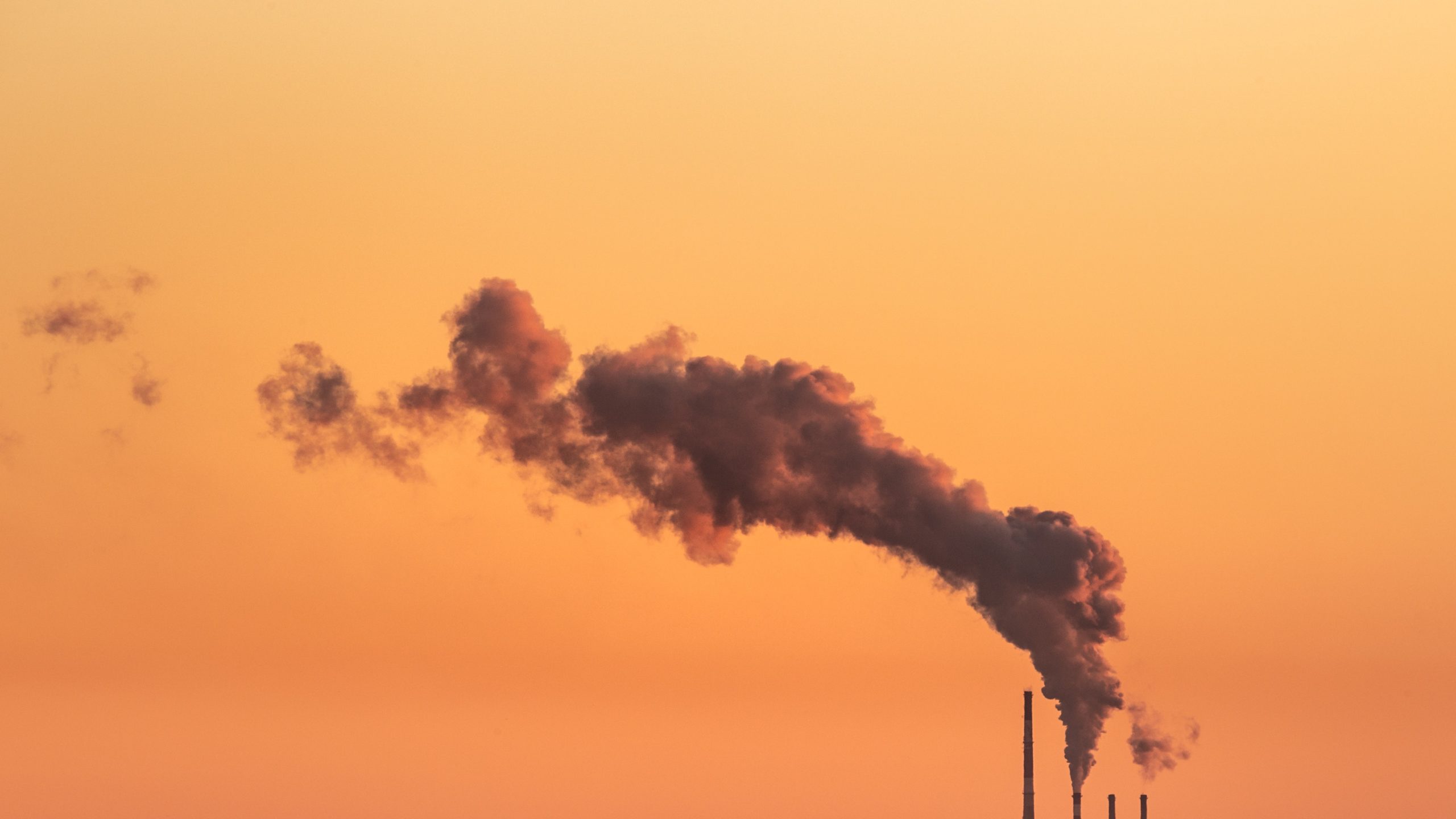The current economic environment with a war raging in Eastern Europe, energy prices skyrocketing in Western Europe, and some raw materials becoming scarce will likely dampen international efforts for decarbonisation.
Participants at a panel discussion at the Eurocoke Summit 2022 in Düsseldorf largely agreed that the ambitions expressed by governments and industries to lower their carbon footprints may have to be scaled down.
“My personal opinion is we will keep moving in that direction, but possibly slower. There are more pressing problems for governments to cope with right now,” said Aleksander Sobolewski of the Poland-based Institute of Energy and Fuel Processing Technology, who moderated the debate.
The “Fit for 55” package by the European Union, for example, “sounds good on paper, but how realistic is it?” asked Ranjana von Wendland of Dow Jones. “With the costs we are facing now you have to rethink that package and cut back on the targets. It is too super-ambitious.”
Chris Urzaa of Jellinbah Group suggested that the steel industry for a while might be exempt from the green transition. Other sectors, like transportation, “are easier to de-carbonise, [and] maybe the EU will confine itself to that initially,” Kallanish heard him say.
Christian Koehl Germany






